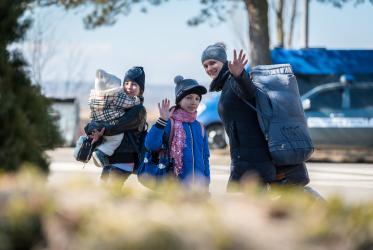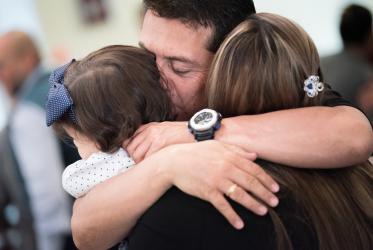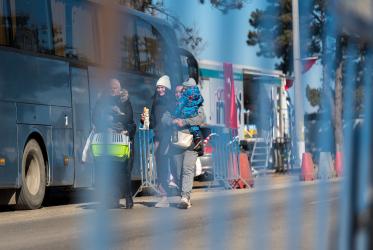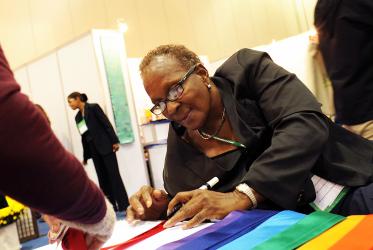Displaying 1 - 20 of 149
A Guide for Churches on the Prevention of Obstetric Fistula
26 October 2023
Promoting human dignity through art
06 September 2022
Strengthening Christian Perspectives on Human Dignity and Human Rights
Perspectives from an International Consultative Process
19 August 2022












